Afghanistan Foreign Minister Amir Khan Muttaqi was on a visit to India last week where he had a cordial meeting with External Affairs Minister S Jaishankar. The Taliban’s strong ties with Pakistan never let New Delhi even think about engaging with it. When Americans left Afghanistan, Indians were concerned about the impact of the Taliban’s return, especially given its robust ties with Kashmir-centric terror groups. However, contrary to general expectations, soon Pakistan and the Taliban started baying for each other’s blood.
Today, when the Taliban are reaching out to New Delhi, once again it’s been proven that, in geopolitics, there are no permanent friends or enemies—only interests are permanent. However, this emerging engagement with the Taliban may face challenges ahead due to underlying ideological differences.
During the recent visit, these fundamental divergences also became apparent; however, it seems that geopolitical analysts either failed to notice them or chose to ignore them. Muttaqi’s visit to the Deoband seminary in Saharanpur made it amply clear where the Taliban stand in the ideological realm. This position has historically been detrimental to India’s security interests and is likely to be more so in the future.
Several geopolitical experts are enthusiastic about Muttaqi’s visit to the Deoband seminary. Their main argument is that proximity to India’s Deoband will weaken the influence of Pakistan’s powerful Deobandi seminaries like Madrasa-e-Haqqania and Deobandi clerics on the Taliban. Further, they suggest that Deoband can be India’s key platform to influence and work with the Taliban against Pakistan.
Impact Shorts
More ShortsSome of them, in their emotional enthusiasm for India’s Taliban engagement, even mentioned that Deoband has a history of peaceful coexistence, intellectual depth and communal harmony. While giving such far-fetched assertions, little do they realise what Deoband stands for and its contribution to global Islamism.
In 1866, Maulana Mohammad Qasim Nanautwi and Abdul Rashid Gangohi founded the Deoband movement to promote Islamic revivalism, traditional Islamic knowledge, beliefs, and practices, and to counter Western influences through the orthodox Hanafi school of Islamic jurisprudence.
The Deoband movement drew inspiration from the obscurantist and revivalist Sufi saint of Delhi, Shah Waliullah (1703-62), who blamed the corruption of Islamic practices for the decline of the Mughals. He condemned intermingling with Hindus, joining their festivals and processions and adopting their practices like lighting lamps on the mazars. He advocated Islamic puritanism and orthodoxy and exhorted the Muslims to distance themselves from Hindus.
The Deoband movement later adopted all these teachings. They are opposed to the Barelvi school of Islam, commonly known as the Sufi movement in India. Deoband is against the worship of peers and mazars and female education.
In effect, they are the South Asian version of Wahhabism. It spread fast. In Pakistan’s Punjab province, the spread of the Deoband movement led to the massive decline of Sufi Islam. Tahir Kamran’s study shows in detail how the spread of Deobandi seminaries in Pakistan after 1947 coincided with the decline of Sufism and the rise of Jihadi extremism.
South Asian jihadism found its fountainhead in the Deobandi ideology. In Pakistan, Deobandis have been at the forefront in the Islamisation of the Pakistani state and society. They were the lead actors in the anti-Ahmadiyya riots in 1953. During General Zia’s reign, Islamist organisations received a substantial boost through the state support and lavish donations from the Arab World. The Deobandi ecosystem in Pakistan, emboldened with Arab petro-dollars and ISI-CIA’s blessings, transformed into a brutal and horrific Jihadist juggernaut.
Terrorist outfits such as Jaish-e-Mohammad, Harkat-ul-Ansar, Harkat-ul-Mujahideen, Harkat-ul-Jihad-Al Islami, Tehreek-e-Taliban Pakistan, Lashkar-e-Jhangvi and Sipah-e-Sahaba Pakistan, besides the Taliban, subscribe to the Deobandi school of Islamic thought. These groups have killed thousands of Shias, Ahmadiyas, Hindus, Sikhs, Christians, and Sufi Muslims. With their robust links with Osama bin Laden and Al Qaeda, Deobandi terrorist groups established an invincible jihadist and radicalisation infrastructure in South Asia.
The Deobandi offshoot, Tablighi Jamaat, has been at the forefront of proselytisation and radicalisation activities. The world’s leading intelligence platform, Stratfor, in its 2008 report, describes Tablighi Jamaat as an indirect line to terrorism. Its name figured in connection with the 2006 terror plot to bomb airliners en route from London to the United States.
French TJ expert Marc Gaborieau goes further and has suggested that the supreme goal of TJ is nothing less than a “planned conquest of the world in the spirit of Jihad”. US officials stated in 2003: “We have a significant presence of Tablighi Jamaat in the United States, and we have found that Al-Qaeda used them for recruiting now and in the past.”
In the early 2000s, a Pakistani intelligence source informed that 400 American terrorist recruits in Pakistan or Afghanistan had emerged from the American TJ network. French intelligence, meanwhile, has claimed that 80 per cent of its own Islamist extremists may have once been part of TJ, referring to it as an “ antechamber of fundamentalists”.
In Pakistan, former ISI chief Javed Nasir was affiliated with Tablighi Jamaat. In Jammu & Kashmir, Tablighi Jamaat’s 40-day religious tours have contributed significantly to radicalisation. Lately, Deobandi Dar-ul-Ulooms have come up in large numbers in J&K. Their teachings and curriculum have intensified religious extremism among the youth, particularly in Doda, Kishtwar, Poonch and Rajauri.
Deobandi scholars argue that the Indian Deoband has no ties with Pakistani Deoband institutions, and Deoband has given a fatwa against terrorism and suicide bombing. However, the fundamental philosophy, orthodoxy and puritanism remain the same in Indian and Pakistani Deoband institutions. It is not the first time that Amir Khan Muttaqi has visited Deoband. In 1994, when Harkat-ul-Mujahideen terrorist mastermind Masood Azhar came to India, his first visit was to Deoband because of its esteemed importance in the minds of jihadist and terrorist organisations adhering to Deobandi ideology.
The very fact that the global terrorists make it a point to visit the Deoband seminary in India at the first chance shows that the original Deoband Darul-Uloom in India continues to inspire them. Notably, Masood Azhar was later released in exchange for the Indian Airlines IC-814, hijacked by the HuM terrorists, with the ISI support. He formed Jaish-e-Muhammad, the deadly terrorist organisation that orchestrated the parliament attack and the Pulwama fidayeen attack, and brought India and Pakistan twice to the verge of a full-fledged war.
Muttaqi received a warm welcome in the Deoband seminary. Esteemed Islamic scholars and ordinary Muslims attended the event in large numbers. Top-level Deobandi scholars have maintained that the Taliban is not a terrorist group; instead, they were fighting against Western hegemony. This can be dangerous because it may send the wrong message to the Indian Muslim youth already going through an intensive radicalisation by domestic and foreign forces.
A Taliban leader well courted gives them an example to emulate, ie, what the Taliban did in Afghanistan. Indian society is currently highly polarised along religious lines, and if the restive Muslim population gets inspired by the Taliban playbook, it can be dangerous for India’s security. Also, it encourages the Muslim youth to emulate the Taliban’s practices and ideas on democracy, women’s rights, education, and the minorities, which is not at all conducive to a democratic society like India.
Lastly, suppose the Indian government decides to rope in Deoband in its engagement with the Taliban. In that case, it will mainstream a fundamentalist and orthodox institution and will most likely compromise the Modi government’s fight against radicalisation and terrorism.
Also, an array of inimical foreign entities can have an intense penetration in the Deoband ecosystem, which can lead to internal sabotage in our diplomatic initiatives. Hence, the government must realise, first, that this relationship with the Taliban is tactical and temporary because of the fundamental difference in values. At the most, it can be a constructive and transactional engagement to secure India’s geostrategic interests.
Second, Deoband must be kept out of it, for the reasons discussed in this article. The government, with its diplomatic and intelligence apparatus, is competent enough to engage with the Taliban; engaging Deoband will add unnecessary complexities.
(The author is a Cornell University graduate in public affairs, bachelors from St Stephen’s College, Delhi and has done his PhD on Jaish-e-Mohammad. He is a policy analyst specialising in counterterrorism, Indian foreign policy and Afghanistan-Pakistan geopolitics. Views expressed in the above piece are personal and solely those of the author. They do not necessarily reflect Firstpost’s views.)


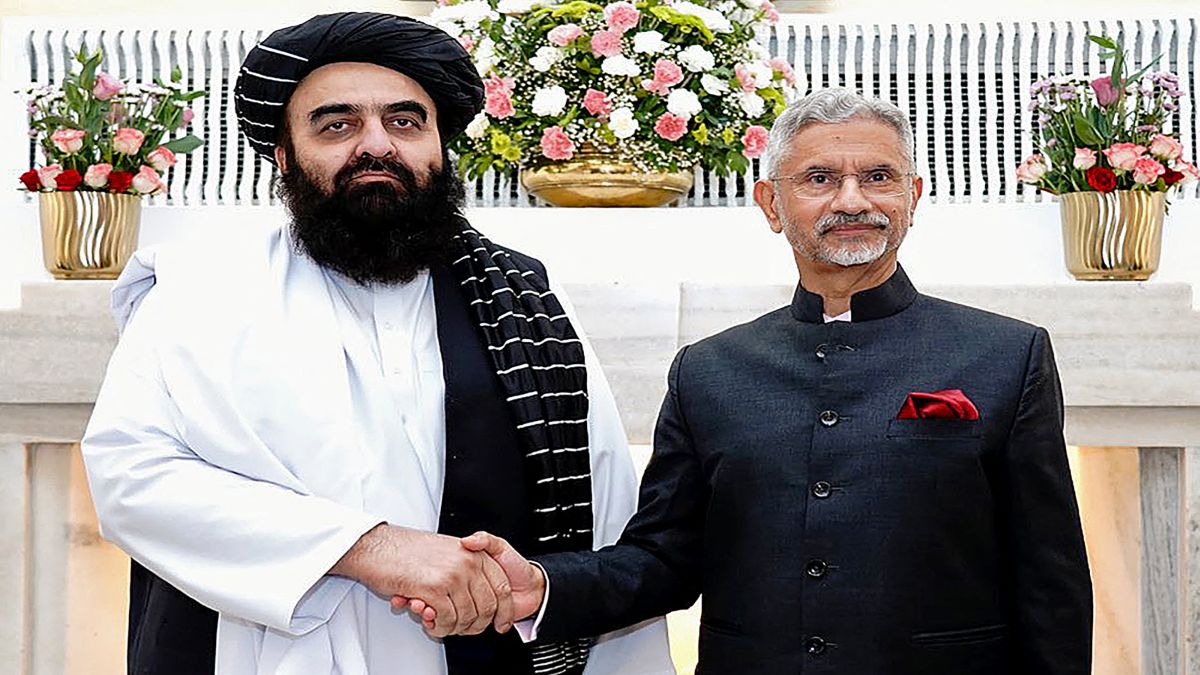)
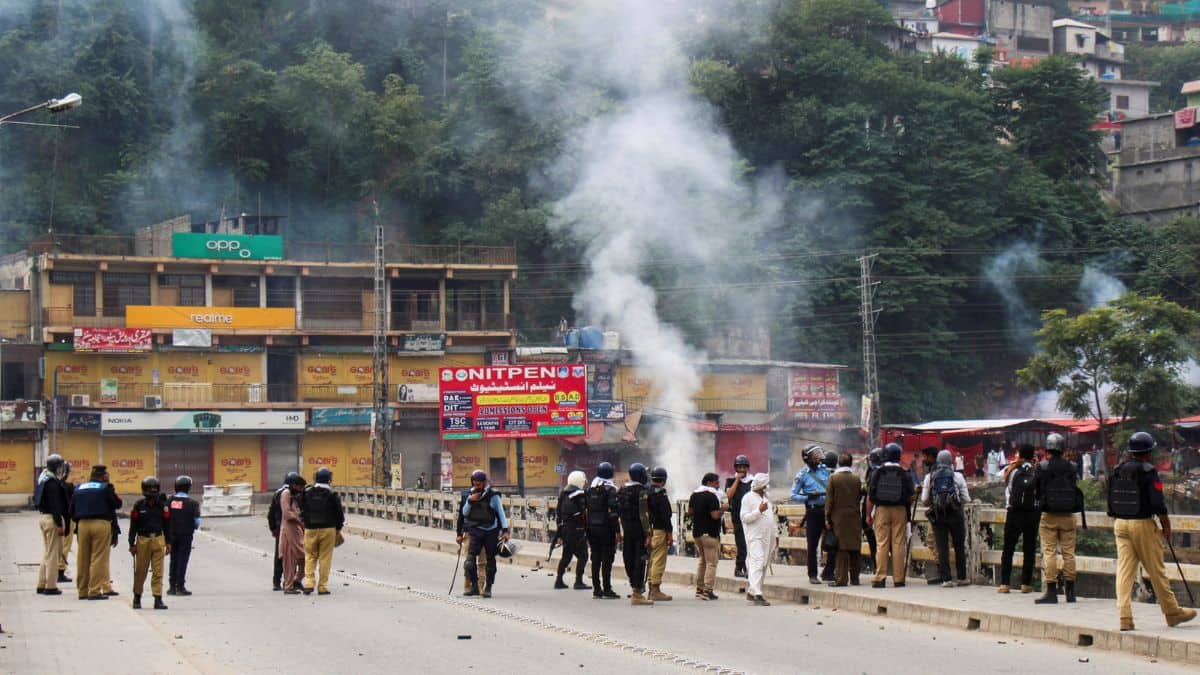
)
)
)
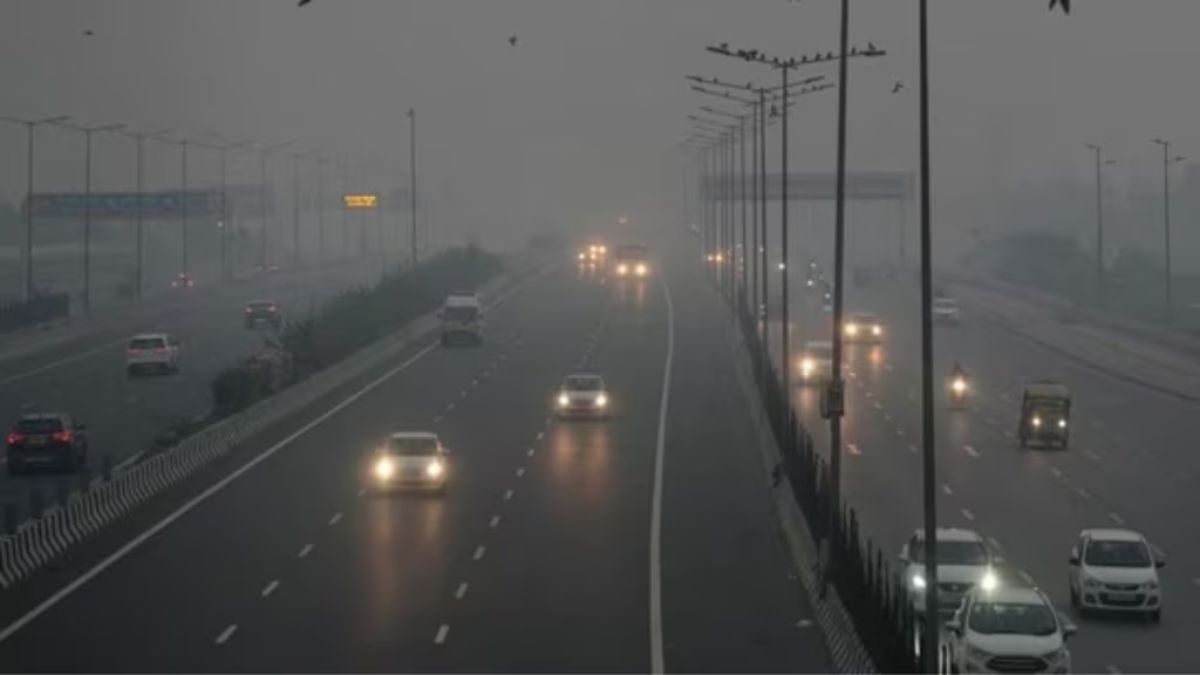)
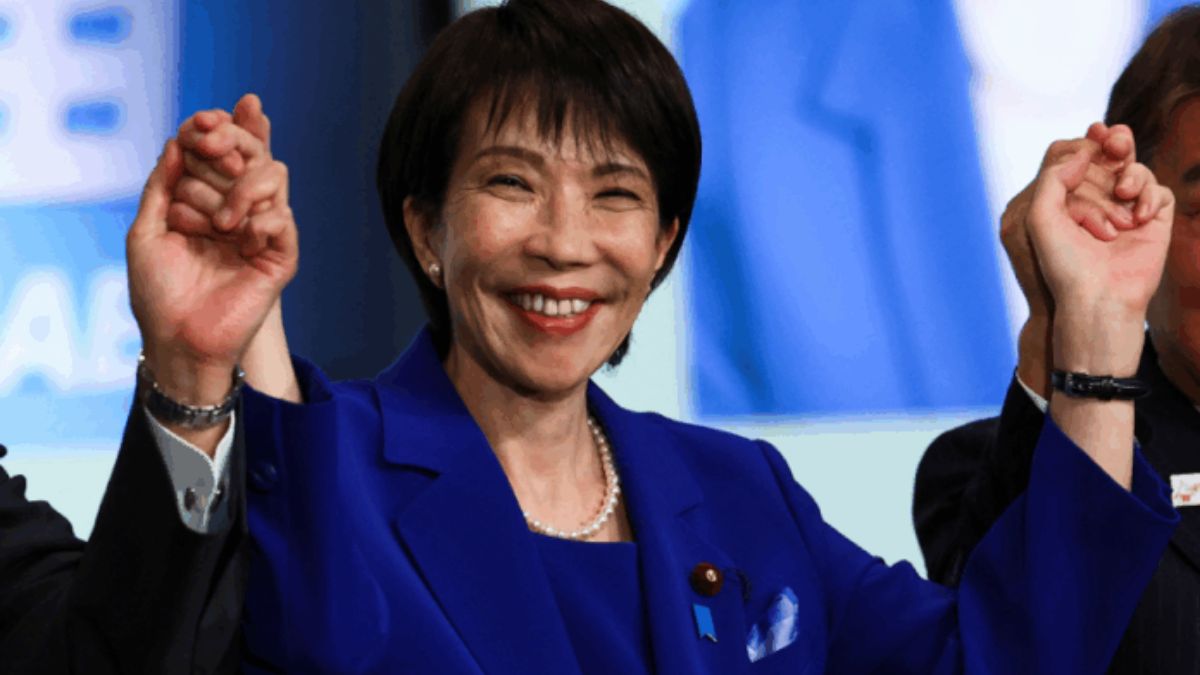)
)
)
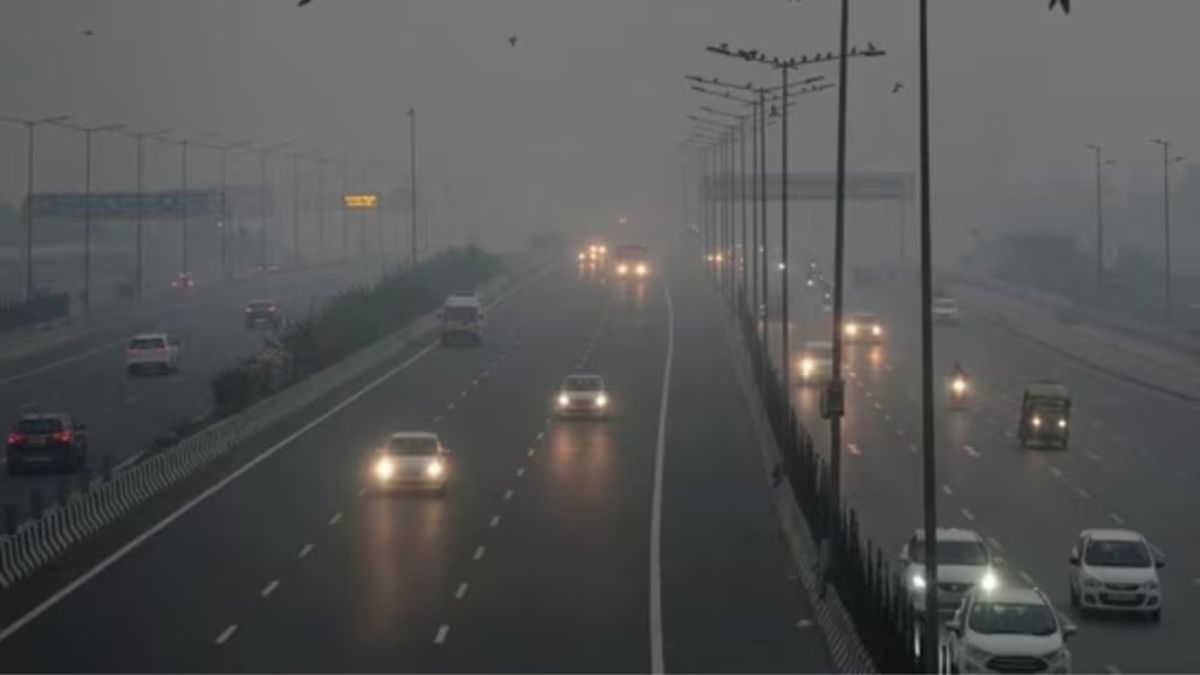)



